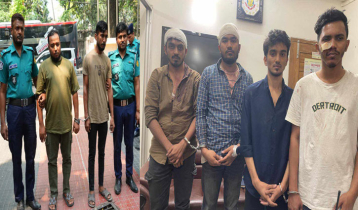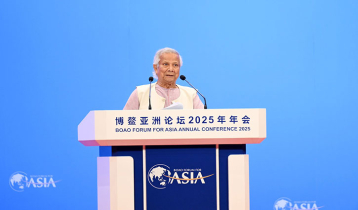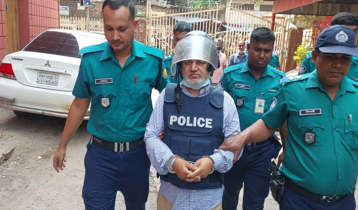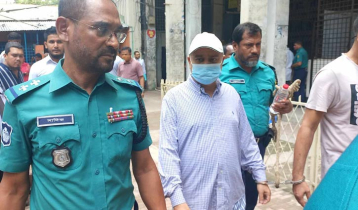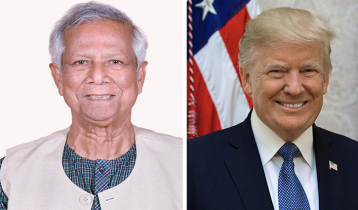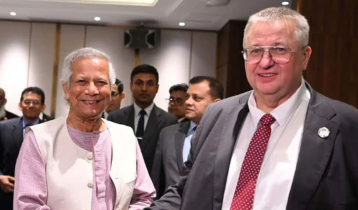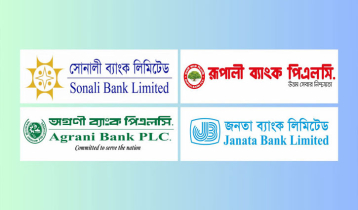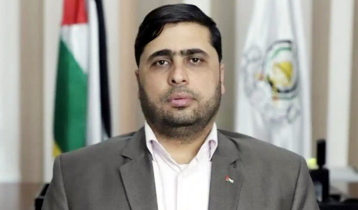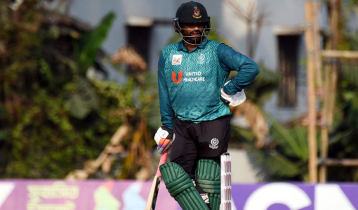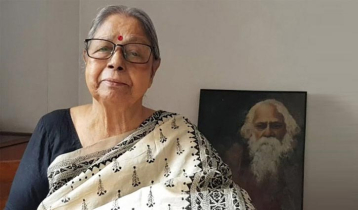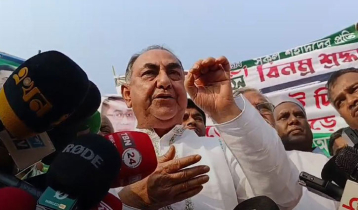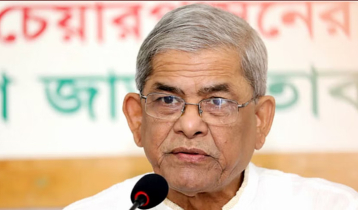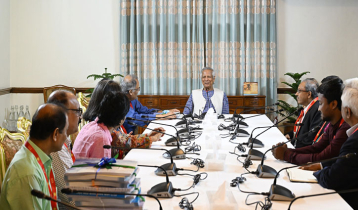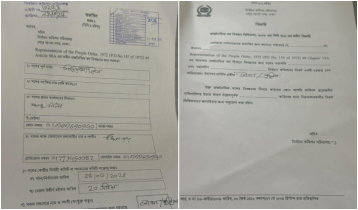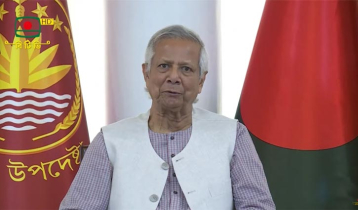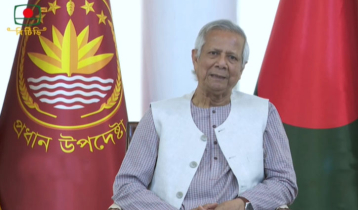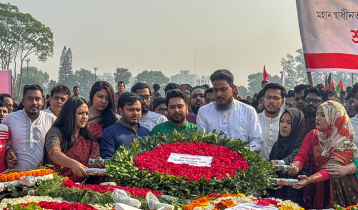30 lakh diabetes, blood pressure patients coming under primary health care
Diplomatic Correspondent || risingbd.com
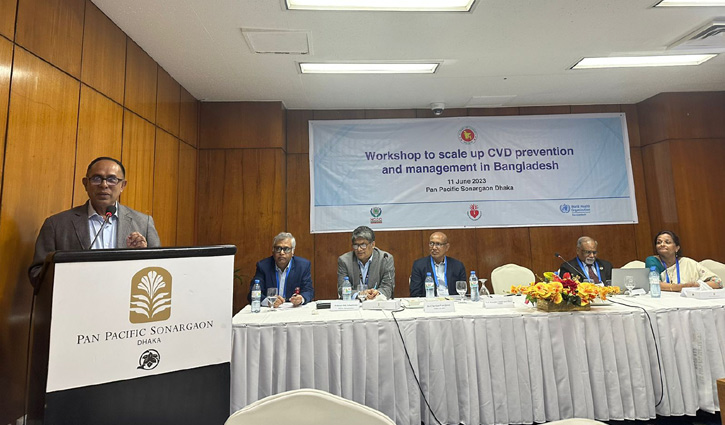
The government has a target of identifying 30 lakh people with diabetes and high blood pressure and enroll them in basic care by 2025. But in order to accomplish this, experts advise making sure that diabetes and high blood pressure treatment methods are used at all levels of primary healthcare.
These statements were made by the speakers at a workshop on ‘Scale up CVD prevention and management in Bangladesh’ held on Sunday (June 11) at Sonargaon Pan Pacific Hotel in the capital.
The workshop was jointly organized by WHO Regional Office for South East Asia, Non-Communicable Disease Control Program of Directorate of Health and National Heart Foundation of Bangladesh.
Professor Khandkar Abdul Awal (Rizvi), the secretary general of the National Heart Foundation of Bangladesh, presided over the session.
Saidur Rahman, additional secretary for the ministry of family planning and health, attended the workshop as the chief guest. It was highlighted by speakers that non-communicable diseases have emerged as a significant health concern in Bangladesh. A staggering 70% of the total deaths in the country are attributed to non-communicable diseases, with almost half of them being premature deaths. The primary focus in combating these diseases lies in strengthening treatment programs within primary health care, with particular attention given to heart disease and diabetes, which pose the highest risks.
To effectively address the issue, experts at the workshop put forth several important suggestions for incorporating primary health care in the management of hypertension and diabetes. One key recommendation was to ensure that all health workers, including doctors and nurses, receive advanced training in non-communicable disease control, enabling them to deliver optimal services within the primary care system. Additionally, if necessary, the relevant education curriculum should be updated to include modern approaches in this field.
The experts emphasized the utilization of community clinics and union sub-centres in coordination with all departments affiliated with the health ministry to enhance the detection of hypertension and diabetes. They also put emphasize on the importance of implementing national protocols for the treatment of these conditions in rural government primary health care, as well as in urban health sectors and private services. The integration of these initiatives was believed to reduce the risk of premature death caused by non-communicable diseases.
Alongside, the experts recommended the adoption of an integrated digital platform to facilitate long-term management of hypertension and diabetes. They proposed displaying the data collected from this digital platform in DHIS2, a health information system, to facilitate monitoring and future action planning by policymakers. Simultaneously, concerted efforts were encouraged to control the risk factors associated with non-communicable diseases and provide essential health advice through primary health centers.
Mentionable, the current non-communicable disease control program led by the Department of Health and the National Heart Foundation of Bangladesh has successfully integrated approximately 1,80,000 patients with high blood pressure and diabetes into primary health care services across 182 upazilas in Bangladesh. These patients are receiving free medical services as part of this program.
At the workshop, representatives from various public and private organizations expressed their commitment to seriously consider the recommendations put forth by the experts. They pledged their full cooperation to the government in order to achieve the target of bringing 30 million hypertension and diabetes patients to primary health care by 2025.
Distinguished attendees at the workshop include Professor Dr. AHM Enayet Hossain, Vice-Chancellor of Sylhet Medical University, Professor Dr. Rasheda Sultana, Professor Dr. Ahmedul Kabir, Professor Dr. Robed Amin, Professor Dr. Shahadat Hossain, representative from the World Health Organization, Dr. Cherian Varghese and Dr. Sadhana Bhagwat, as well as representatives from relevant public and private institutions.
Hasan/AKA
risingbd



